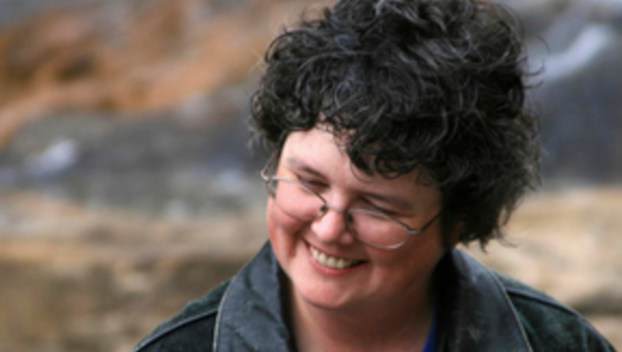News
Locals again join Poor People’s rally in Frankfort
A handful of Bowling Green residents, not dissuaded by being denied full access to the Kentucky Capitol on ... Read more
A handful of Bowling Green residents, not dissuaded by being denied full access to the Kentucky Capitol on ... Read more

For Kim Lindgren, cancer is personal so she volunteers for the American Cancer Society Cancer Action Network. “I ... Read more